The report “Digital Life of Vietnamese People” published by Q&Me shows that up to 51% of young people (aged 18 to 29) spend more than 3 hours a day surfing social networks. The habit of “watching drama” among young people, especially students, is becoming a common concern for families, schools and society.
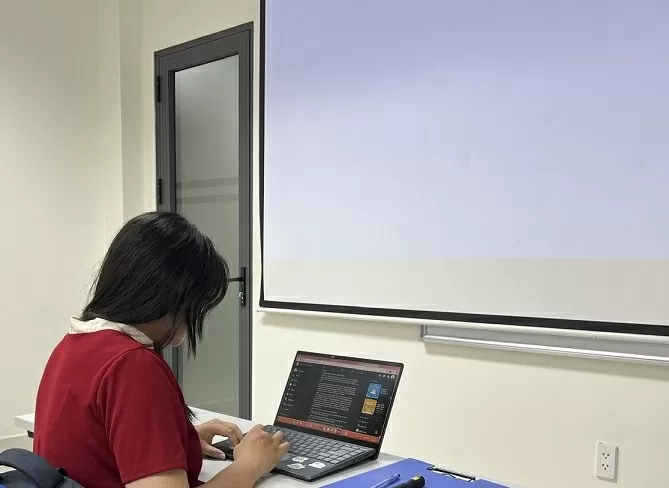 |
| Critical media education equips young audiences with the skills to analyze and evaluate information based on critical thinking. (Photo: Bao Ngoc) |
Not only does it affect study and work time, the habit of "watching drama" also has negative impacts on mental health, cognitive formation and personality development.
“Read the media, understand power”
Originating from the critical thinking of the Frankfurt School, of Paulo Freire (Brazilian educator and philosopher), critical media education is an educational approach that helps us better understand how the media works and their impacts on society.
That is, we not only grasp the media information but also analyze the goals, power, ideology and techniques (such as visual elements, sound, color, language, narrative, layout, presentation, media...) used in the media content.
This aims to equip us with the necessary skills to be able to analyze, evaluate, interact and respond responsibly to information and media content.
Unlike “technology literacy education” or “media education,” critical media education focuses on the power of critical thinking, helping us to understand that the media may not be an objective, neutral source of news, but rather a product with certain intentions and purposes.
From there, it helps us identify stereotypes, prejudices, or hidden messages, and evaluate the impact of those discourses on ourselves, those around us, and society.
Enhancing the critical capacity of young public
Critical media education helps to create digital citizens who think independently and engage with social issues in an informed and responsible manner, rather than just being passive consumers of information.
However, currently, educational programs at schools in our country seem not to pay full and proper attention to this issue.
At the family and social levels, many parents still lack the skills to read/listen/watch selectively and to criticize information. Social media increasingly follows public tastes and entertains news. Therefore, it is necessary to have synchronous solutions to effectively implement critical media education.
Accordingly, schools need to educate critical media as early as possible, starting from primary school; it can be integrated into many different subjects (literature, history, civic education, technology, mathematics, art, career guidance, national defense and security education, etc.) through diverse teaching methods and forms (analysis of real-life situations, group discussions, media practice projects, inviting experts to share, extracurricular activities, etc.).
At the university level, it is necessary to incorporate critical media education into admission week activities, soft skills courses, university learning methods, discussion programs, talk shows, seminars, club and team activities, etc.
In the family, adults need to regularly talk about the news their children access every day, encouraging them to ask critical questions: why is this information available, is it really useful for users, and has it been verified?
Through conversation and discussion, not only do children gain a deeper understanding of the news, but they also help strengthen the relationship between family members, making it easier to reach consensus in receiving and processing media information.
The role of mainstream media is also very important as exemplary and reputable media, proactively providing content to "guide readers" in identifying information, eliminating false and negative information, in order to build a healthier information society, where each individual has the ability to protect themselves.
Media managers and policymakers need to strengthen campaigns to raise public awareness, critical thinking and capacity, and build a legal corridor to enhance the responsibility of digital platforms as well as users.
Survival skills in the digital age information flow In the context of the alarming rise of fake news, manipulated content, algorithms that recommend controversial content, inciting aggression, hostility, division…, critical media education becomes especially valuable both in theory and practice. It is no longer an option, but an urgent need, as a survival skill in the 21st century. Modern audiences, especially young people, tend to consume information passively, emotionally, following crowd psychology, lacking the ability to recognize hidden communication strategies. Critical media education as a core solution helps us become intelligent public, capable of analyzing and evaluating information independently and rationally, instead of being manipulated by intentional media messages. |
Source: https://baoquocte.vn/giao-duc-truyen-thong-phe-phan-la-chan-cho-nguoi-tre-trong-thoi-dai-so-318695.html



![[Photo] National Assembly Chairman Tran Thanh Man receives a business delegation from the Europe-ASEAN Business Council](/_next/image?url=https%3A%2F%2Fvphoto.vietnam.vn%2Fthumb%2F1200x675%2Fvietnam%2Fresource%2FIMAGE%2F2025%2F11%2F24%2F1763989198212_ndo_br_bnd-7394-jpg.webp&w=3840&q=75)
![[Photo] Prime Minister Pham Minh Chinh attends the patriotic emulation congress of the banking sector](/_next/image?url=https%3A%2F%2Fvphoto.vietnam.vn%2Fthumb%2F1200x675%2Fvietnam%2Fresource%2FIMAGE%2F2025%2F11%2F24%2F1763981997729_tt-nhnn-jpg.webp&w=3840&q=75)



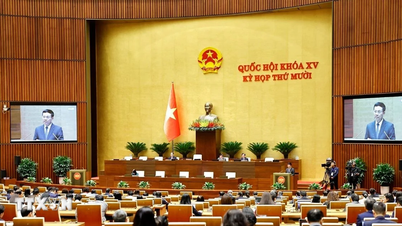

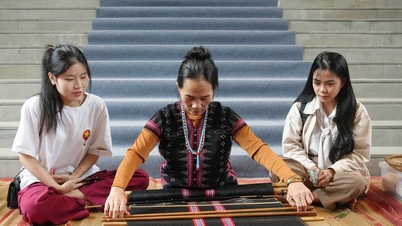

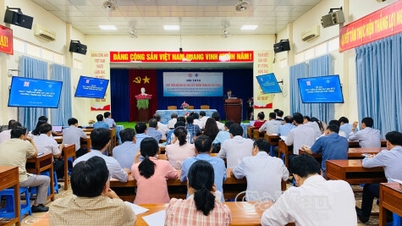

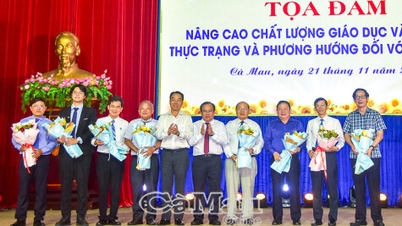
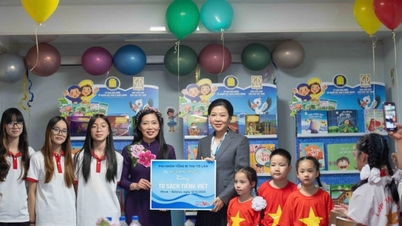
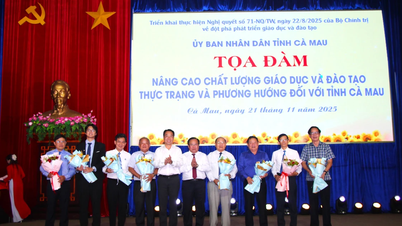

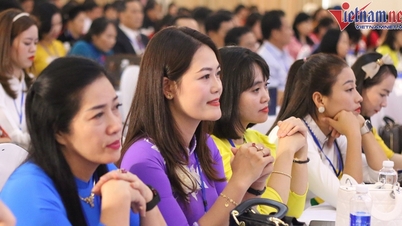




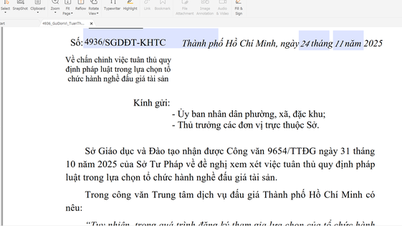

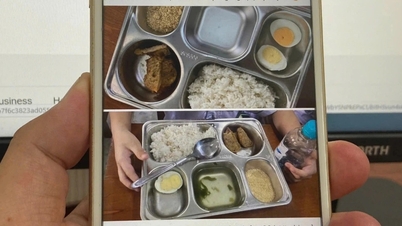
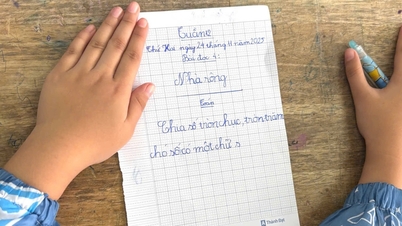





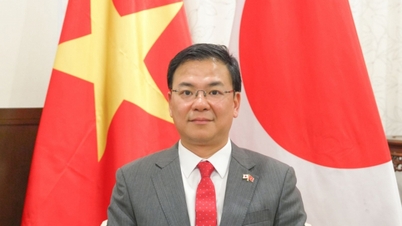
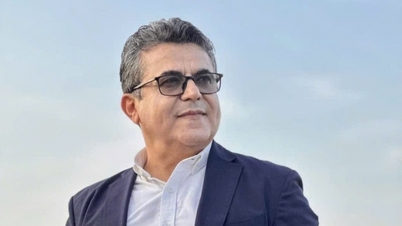

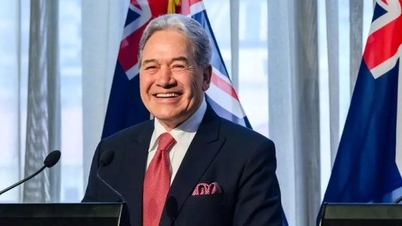

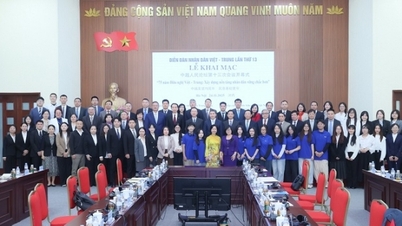


![[Photo] Next to the "mountain of trash" after the flood, Tuy Hoa residents strive to rebuild their lives](/_next/image?url=https%3A%2F%2Fvphoto.vietnam.vn%2Fthumb%2F1200x675%2Fvietnam%2Fresource%2FIMAGE%2F2025%2F11%2F24%2F1763951389752_image-1-jpg.webp&w=3840&q=75)


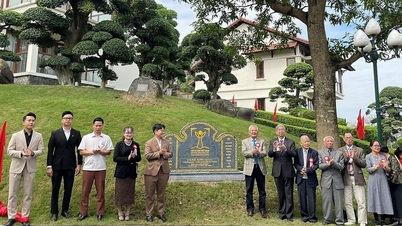


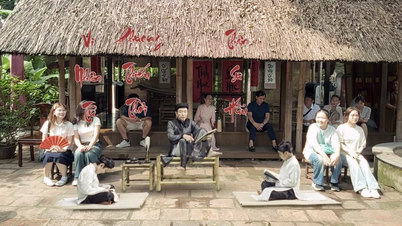

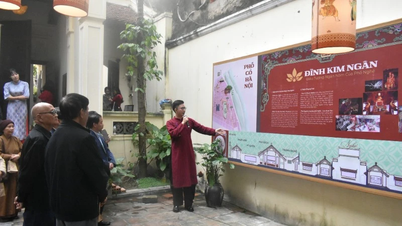









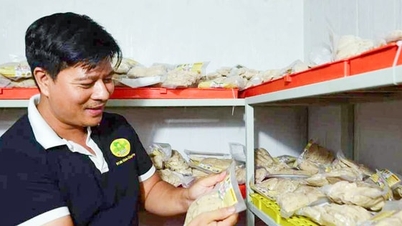







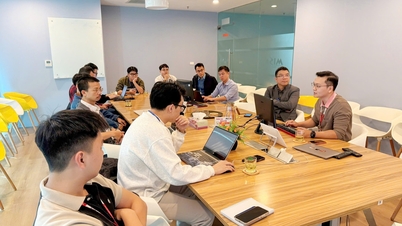

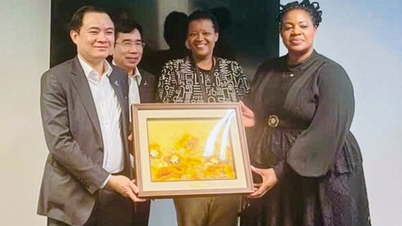
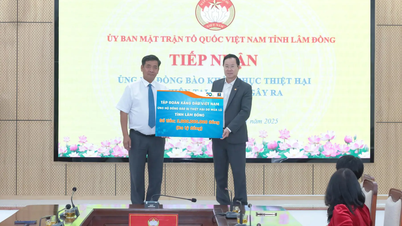








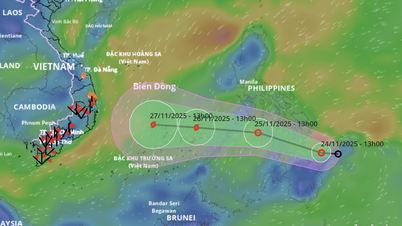

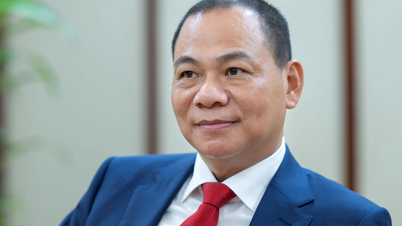

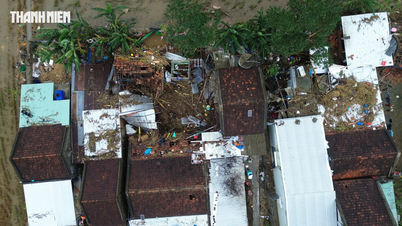
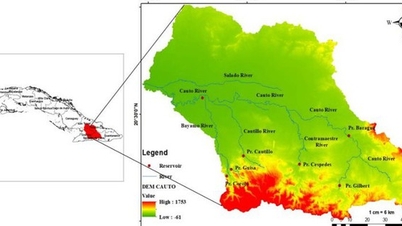

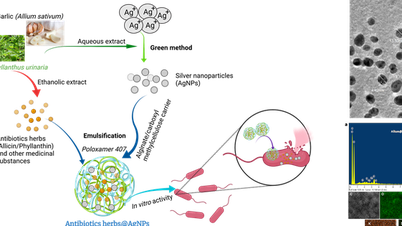



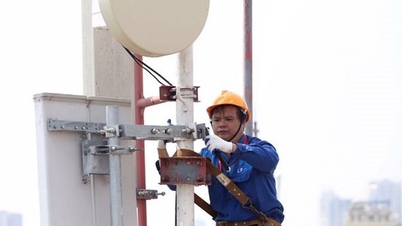




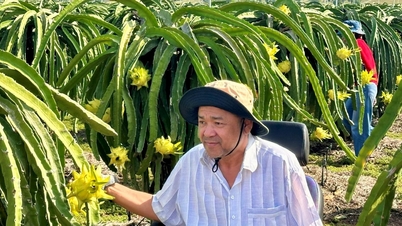



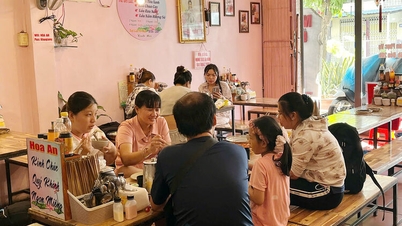

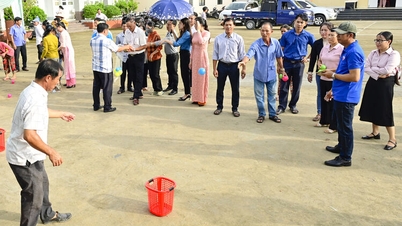












Comment (0)